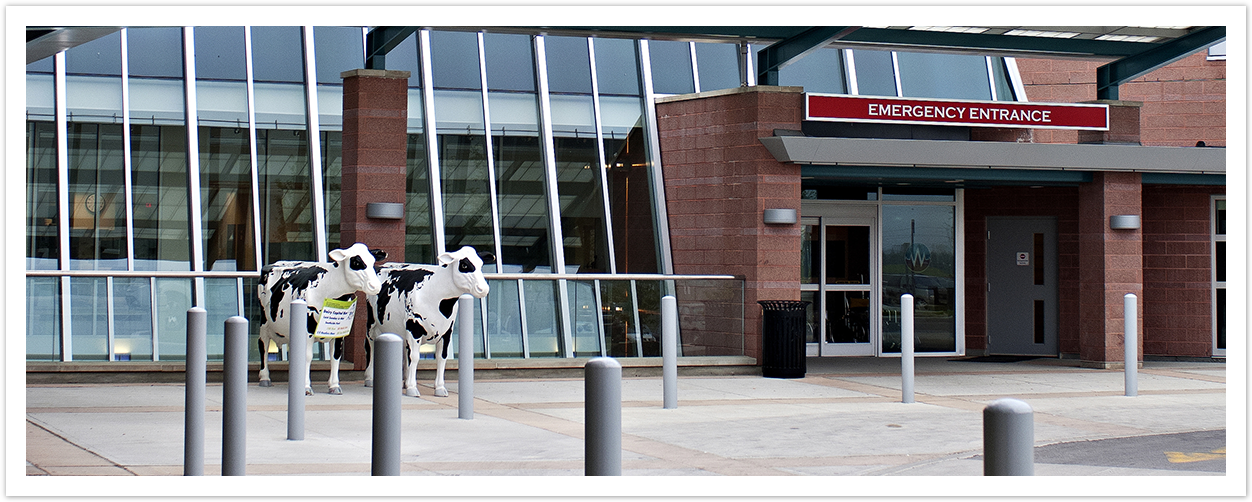Hours of Operation:
Monday to Friday from 7:30 am to 3:00 pm

Hours of Operation:
Monday to Friday from 7:30 am to 3:00 pm
Accessing this Service:
Your Physician’s office will make the appointment for you. Please bring a list of your current medications, your health card and filled Nuclear Medicine requisition form to your appointment. Some Physicians will fax your requisition to the hospital instead of giving it directly to a patient. Click here to continue to our Forms page to obtain this document.
Nuclear Medicine studies involve administering low doses of radioactive materials, called radiopharmaceuticals, that are attracted to specific organs, bones or tissues and which can be inhaled, injected or taken orally. Radiopharmaceuticals emit gamma rays that can be detected externally by special types of cameras that work in conjunction with computer systems to convert the gamma rays into images and information about the area of the body being examined.
Woodstock Hospital conducts a wide variety of nuclear medicine scans. The Nuclear Medicine Physician will interpret the exam and the results will be sent to your physician within 3-5 working days.
Examples of Nuclear Medicine exams provided at Woodstock Hospital:
Nuclear Bone Scans
Bone scans are frequently used to detect the spread of tumor to bones, especially from cancer of the prostate or the breast. These studies are also often used to look for fractures and sites of bone infection and can find abnormalities not seen with other tests.
Lung Scans (VQ Scans)
The ventilation perfusion lung scan (also known as a VQ scan) is a method for detecting blood clots in the lungs. Blood clots can form in the veins of the legs (or other parts of the body) and then travel to and lodge in the lungs causing such symptoms as shortness of breath and chest pain.
Thyroid Scans
A thyroid scan provides information about the size, shape, location, and function of the thyroid gland. Certain regions of the thyroid gland are sometimes more or less active than normally functioning tissue. The level of activity that a thyroid nodule displays may provide clues as to whether it may or may not be thyroid cancer.